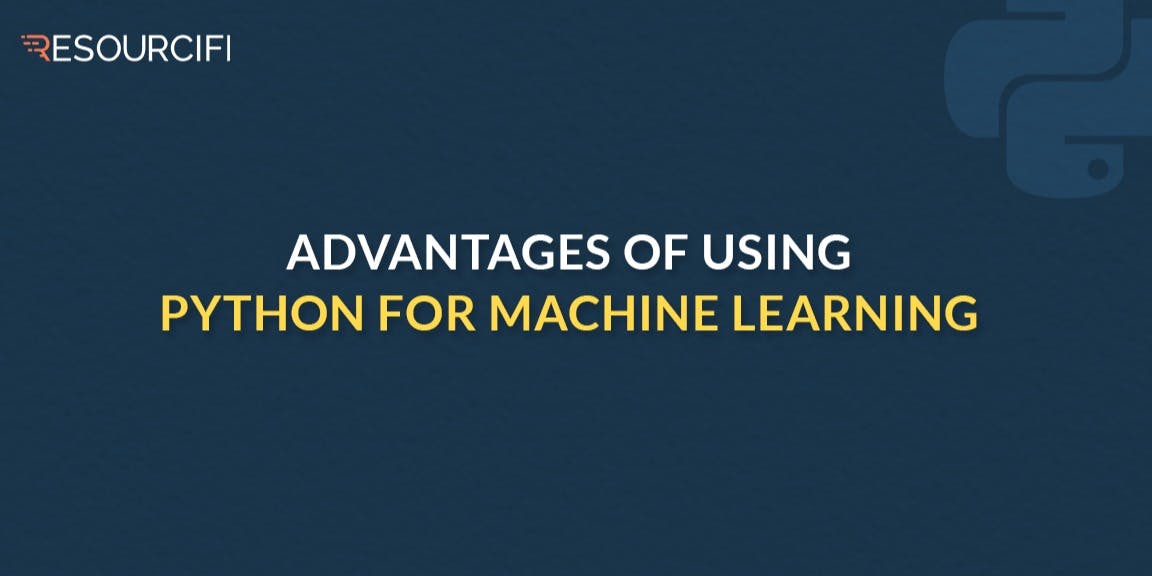1,085 reads
Python for Machine Learning: Benefits & Challenges
by
August 26th, 2019
Hey! I am a Software Consultant with 12 yrs exp. and blogging is my passion.
About Author
Hey! I am a Software Consultant with 12 yrs exp. and blogging is my passion.
